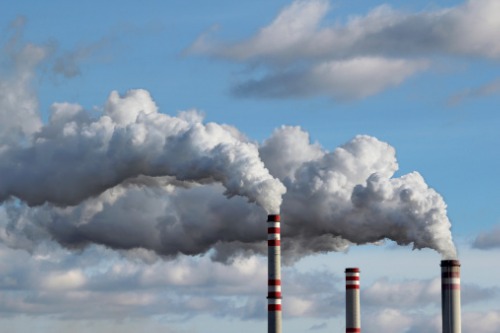Report says that the way the federal and provincial governments are trying to cut greenhouse gas emissions are not efficient


While tackling climate change is a priority, the roll-out of carbon taxes across Canada needs a rethink according to an independent public policy think tank.
The Montreal Economic Institute believes that the way governments are trying to reduce greenhouse gas (GHG) emissions are inefficient when considered against three key measures.
MEI says that for a carbon tax or carbon markets to be efficient the policy must firstly be fiscally neutral with the new tax offset by other tax reductions, and not be just another way to raise government revenues.
"Instead of being neutral, this tax serves to fund government expenditures in several provinces. In Quebec, the carbon market has become just another source of revenue for the province," points out Germain Belzile, Senior Associate Researcher at the MEI and author of the publication. "As for the federal tax, it is neutral for consumers, but not for large companies."
Small companies have also spoken out against the impact of federal carbon tax policy.
MEI says that the taxing of GHGs should replace all other policies that have the same objective, such as the regulation of emissions and subsidies for green energy.
But it notes that some provinces, such as Ontario and Quebec subsidize multiple projects to reduce GHG emissions.
Competitive risk
And thirdly, a carbon tax should consider policies of neighbours and competitors. Otherwise it could make provinces or the country uncompetitive, costing jobs and driving displacement of people to more favourable regions.
"There is no good reason for this waste of public funds. Subsidies and regulations are certainly more popular than taxing carbon and more politically expedient, but they should be eliminated if GHG emissions are taxed, which remains the most efficient measure," concludes Mr. Belzile.
Three conditions for pricing carbon #canpoli #cdnpoli #qcpoli #CarbonTax
— IEDM - MEI (@iedm_montreal) July 4, 2019
To learn more: https://t.co/wyicdOYqJw pic.twitter.com/vFfJQ5rTiO



